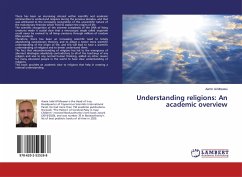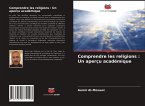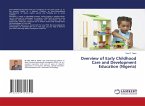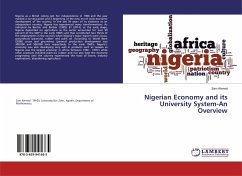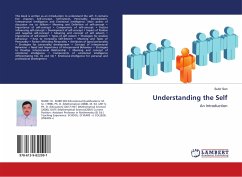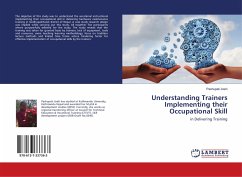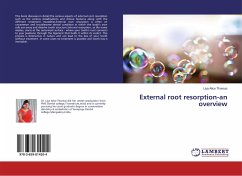There has been an increasing interest within scientific and academic communities to understand religions during the previous decades, and that was attributed to the increasing recognition of the unscientific nature of the evolutionary theories which tried to explain the origins of life.The scientific recognition of the extreme complexity of the DNA of living creatures made it crystal clear that a microscopic single celled organism could never be evolved to all living creatures through millions of random DNA accidents. Therefore, there has been an increasing scientific need to totally abandoning evolutionary theories, and to adopt a newer more scientific understanding of the origin of life, and this will lead to have a scientific understanding of religions and to better understand them. The fact that misunderstanding of religions has led to the emergence of aberrant ideologies absolutely contradictory to all of the teachings of any religion and also to any normal human thinking, added an other reason for many educated people in the world to have clear understanding of religions. This book provides an academic view to religions that help in creating a rational understanding.
Bitte wählen Sie Ihr Anliegen aus.
Rechnungen
Retourenschein anfordern
Bestellstatus
Storno

